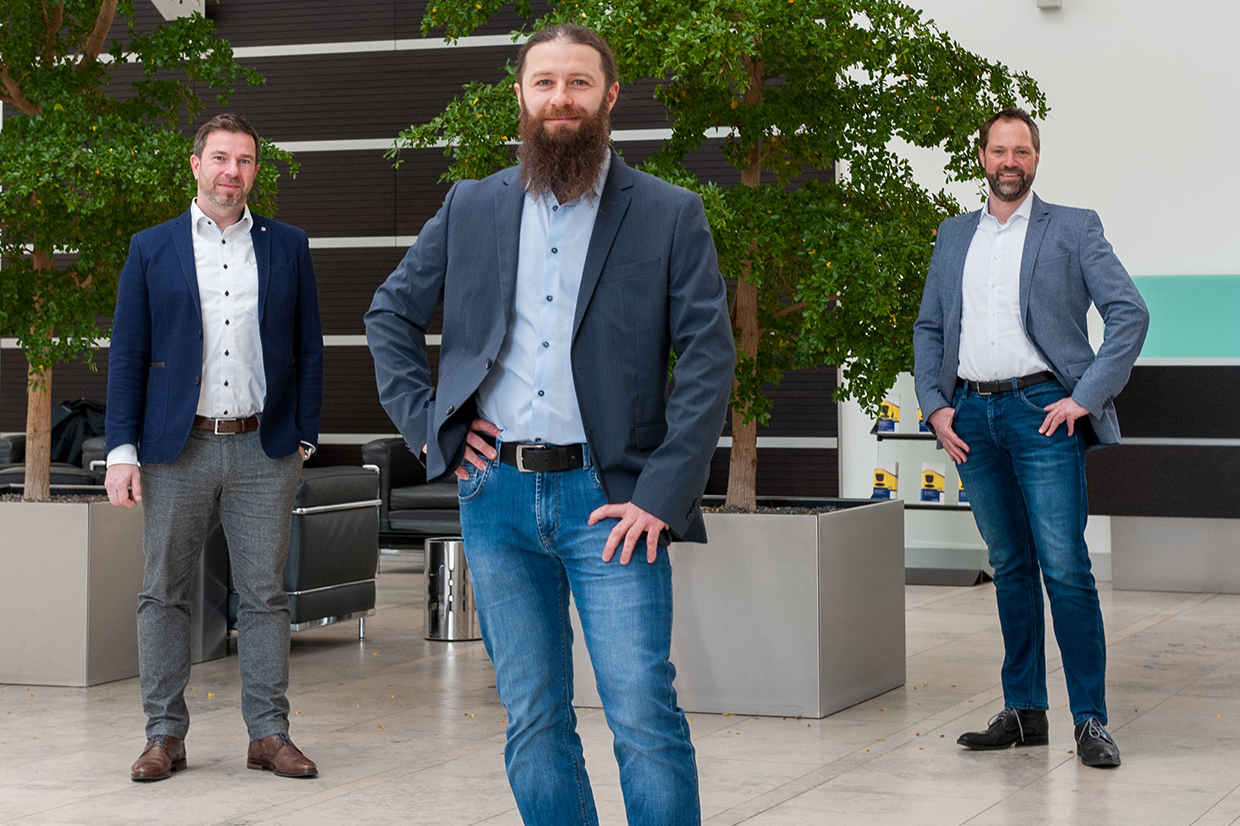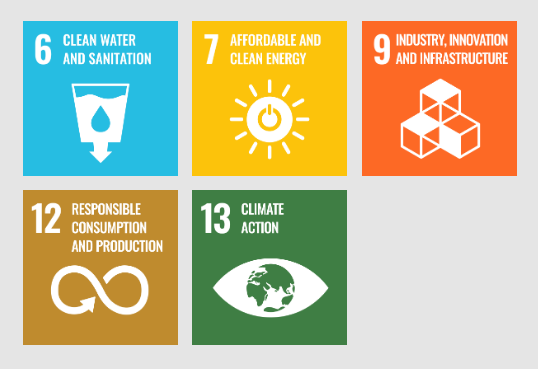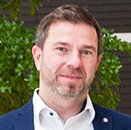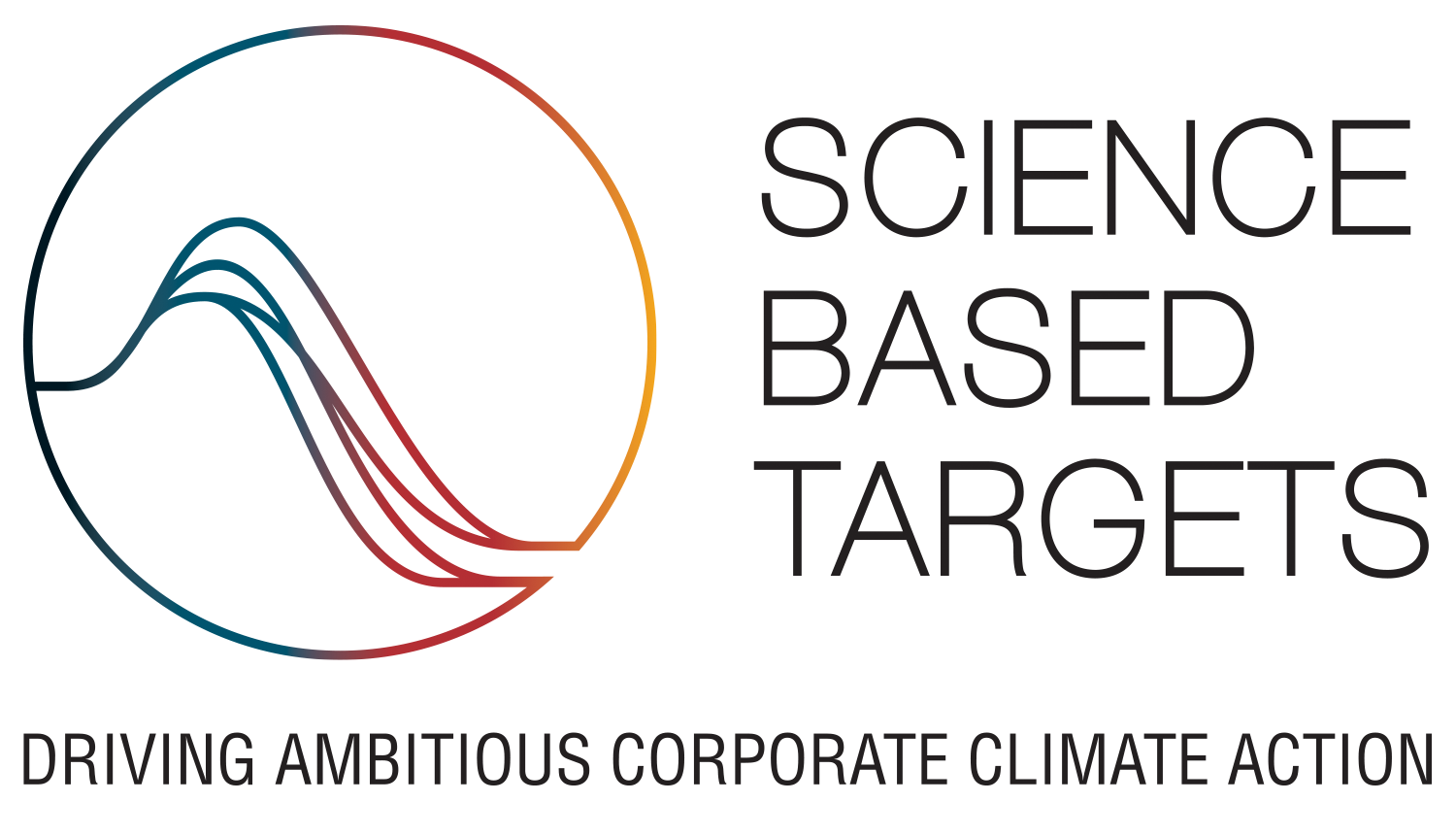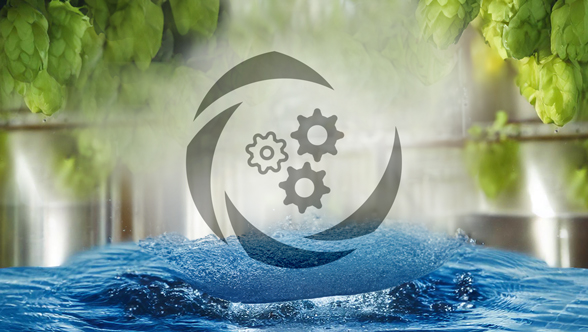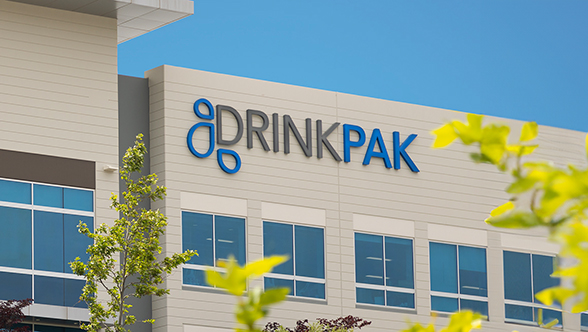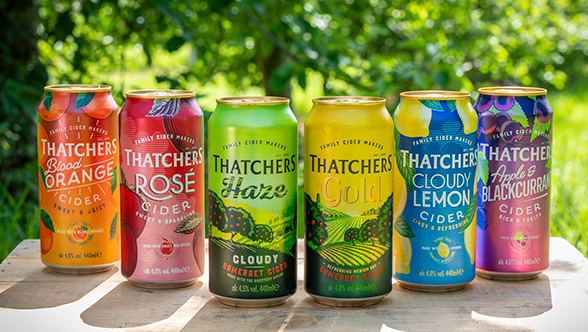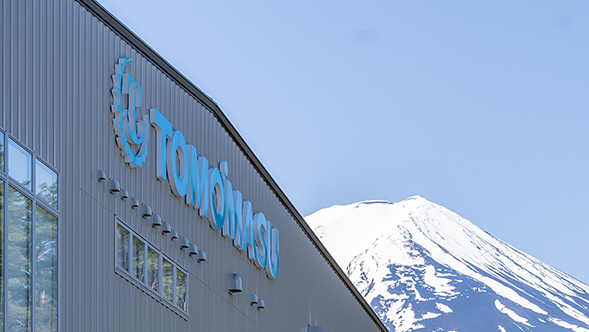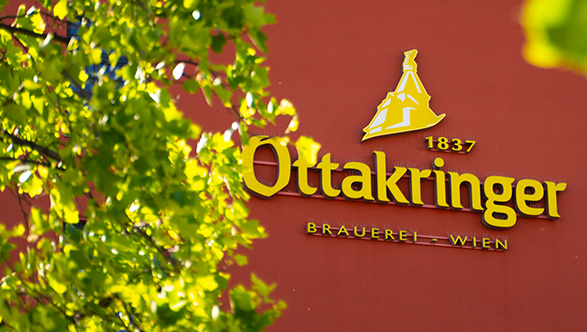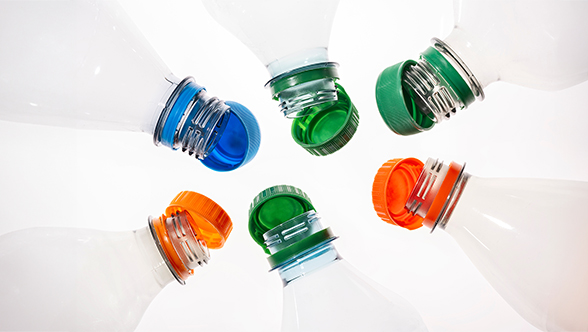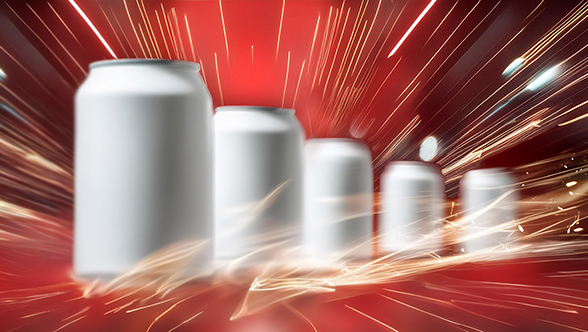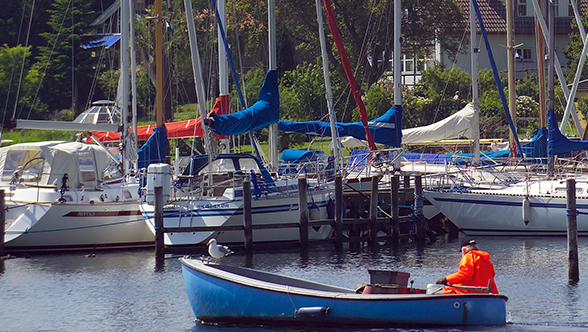We are in the midst of a climate crisis. All over the globe, natural resources are in short supply. An ever-growing number of people and companies are striking out in a new direction, whether out of a sense of responsibility towards future generations or in response to rising energy costs and carbon dioxide taxes, or possibly both. Enterprises have noticed that consumers are keen to buy “green” products. Many businesses are launching a process of transformation in their operations to ensure a viable future for coming generations. And the beverage sector is no exception here. The members of the Krones Factory Planning team have noticed this customer trend towards sustainable operations over the last eight years.
Therefore, the department offers comprehensive sustainability consultancy as a separate service for the beverage, dairy and plastics-recycling industries. A group of experts led by Bernd Rothmeier, Head of Plant Engineering and Consulting, sustainability consultant Norbert Ottmann and product manager Michael Russ, assists customers in systematically reducing operating costs and CO2 emissions and in designing their operations for enhanced sustainability. Norbert Ottmann explains what sustainability means for Krones and the expert consultants: “Our work is guided by the UN’s sustainable development goals, SDGs for short, with a special focus on sufficiency, efficiency and consistency. We match these to the beverage industry’s specific business environment.”
* SDGs: Sustainable Development Goals


